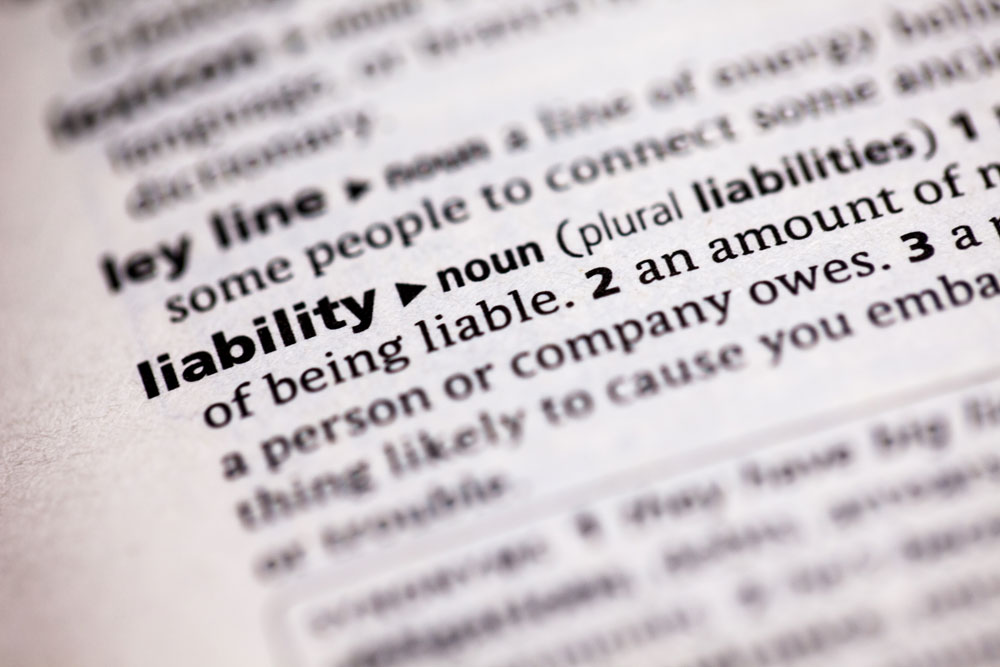
There are two recent cases of which community association boards should be particularly aware of. Both cases involved residents who were injured by third parties but who filed suit against their association claiming that the association was also partly responsible for their damages because of their failure to enforce the rules and restrictions in the governing documents.
One of the cases involved a resident couple who were rear-ended by another vehicle while they waited for other vehicles to pass between two cars which had parked on the street. The association’s documents required that owners and their guests park only in their driveways, garages, or designated common area spaces. However, over time, the lack of available parking space within the community became a serious issue and the board eventually permitted overnight street parking. Although a jury found the association to be 30% at fault for failing to enforce the on-street parking restriction, an appellate court reversed the ruling against the association and held that a rear-end accident was not a reasonably foreseeable or expected consequence of the association’s failure to enforce its restrictions against street parking.
The other case involved a tenant who was stabbed multiple times by a fellow resident despite previous reports to the management company by other residents who had also been threatened and assaulted by the same individual. Fortunately, the victim survived the assault but sued the association and their management company for failing to evict the problem tenant and for not properly securing the condominium property by hiring more security personnel or installing security cameras in the common areas. Both the association and management company settled the lawsuit with the tenant to the tune of $1 million each.
Although extreme, these cases demonstrate what can happen when an association has certain restrictions and rules contained in its governing documents which the association has not enforced, for one reason or another. Depending on the length of time since the association has enforced a particular restriction, a Court may find that the association has “waived” its enforcement rights as to that rule. Of course, almost all boards will do their best to enforce all of the association’s rules while remaining aware and sensitive to the changing needs and demands of their community. To that end, it is important for your board to do the following:
- Closely EXAMINE the current restrictions, covenants, rules, and regulations of your association.
- ENFORCE those restrictions or EDIT (through the proper amendment process) outdated restrictions to ensure they comply with the current law and meet the evolving needs of your community.
- ENGAGE with the association’s members and management team so that all parties remain aware and responsive to the needs and concerns of the community.


